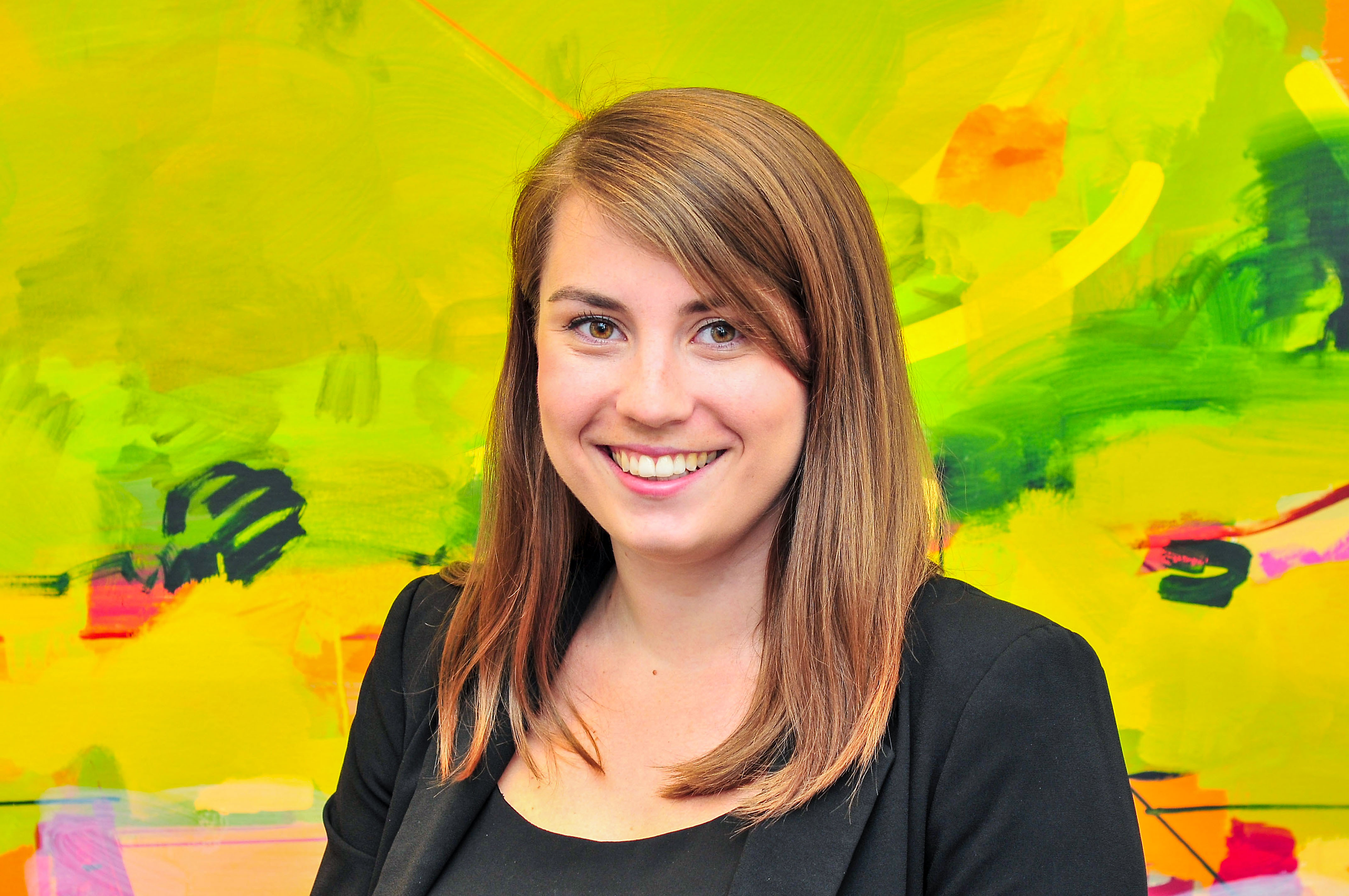Stressful mortgage applications are causing anxiety for home buyers but are also putting them off remortgaging and saving money later down the line.
 That’s according to online mortgage broker, Trussle, which has been looking at the causes and consequences of mortgage-related anxieties as we go into Stress Awareness Week.
That’s according to online mortgage broker, Trussle, which has been looking at the causes and consequences of mortgage-related anxieties as we go into Stress Awareness Week.
It found nearly a quarter of borrowers, equivalent to 2.5 million people, suffered stress during their most recent mortgage application.
Confusing process
These borrowers said they often found it difficult to understand where they were in the process and others said they found the way deals were advertised were confusing.
The amount of time it took to make phone calls during the application process was cited by many as a stress trigger, leading many people to say they would have preferred to have completed the entire process online.
However, Trussle highlighted what it describes as a ‘dangerous consequence’ of mortgage stress, which was that existing homeowners had been so put off by the initial process they were shying away from remortgaging further down a line.
Remortgaging reluctance
In fact, the Mortgage Market Review in 2018 found over two million people had been paying their lender’s high-interest Standard Variable Rate (SVR) for more than six months.
Being stuck on this deal, which borrowers revert to at the end of their introductory offer if they do not remortgage to a better offer, could cost borrowers as much as £1,621 over six months.
Indeed, even those who want to remortgage went for the easy option of getting a new deal with their current provider rather than shopping around, said Trussle.
Those at the average first-time buyer ages of 25 to 34 were the worst affected by stress, Trussle found and, as a consequence, this age group was most likely to go to their current lender to remortgage than search for a better deal.
Ishaan Malhi, CEO and founder of Trussle, blamed our ‘complex and disconnected’ mortgage system, which hadn’t adapted to today’s lifestyles, for the problems.
“Everyone knows somebody who’s had a nightmare mortgage experience,” he said, “and it’s therefore unsurprising that so many people shy away from the process when it comes to switching.
“The good news is that things are improving, with technology playing a key role in this progress. People can now apply for mortgages digitally in the comfort of their own home and out of office hours.
“They can also have their mortgage constantly monitored by algorithms which tell them when to switch to a new deal and what the best available ones are. Hopefully this trend will help us continue to reduce the number of people suffering mortgage stress.”
Advice on Twitter
To mark Stress Awareness Week, Trussle has organised a Q&A session on Twitter to help people deal with mortgage stress and address the causes. Questions can be tweeted using the hashtag #AskTrussle until 1pm on Thursday 8 November. Trussle’s advisers will respond with guidance between 1pm and 3pm on the same day.














